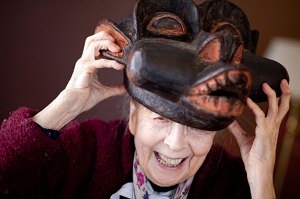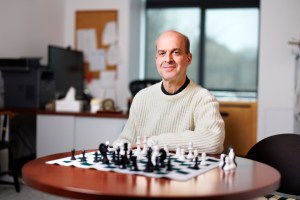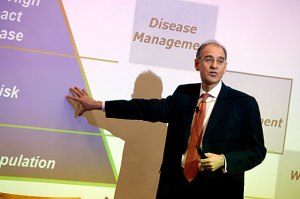Tag: Aging
-
Science & Tech
On the clock
Researchers have built two machine learning models that gauge biological age and predict remaining lifespan in mice.

-
Health
A push to aid healthy aging
The National Academy of Medicine is mounting a Healthy Longevity Global Grand Challenge that seeks to boost innovation on healthier aging.

-
Health
Aging population increases energy use
Two global trends — the aging of the world’s population and the warming of its atmosphere — are set to collide in the decades to come, new work by an MGH and HMS researcher shows.
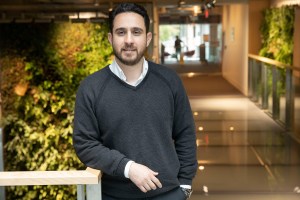
-
Health
Longevity and anti-aging research: ‘Prime time for an impact on the globe’
Research into extending humanity’s healthy lifespan has been progressing rapidly in recent years. In February, a group of aging and longevity scientists founded a nonprofit to foster the work and serve as a resource for governments and businesses looking to understand the potentially far-reaching implications of a population that lives significantly longer, healthier lives.
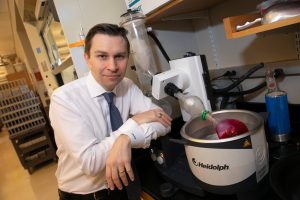
-
Health
The science, business of aging
A half-day conference at Harvard Business School examined the growing promise of research on aging and the potential of now-experimental interventions to one day ease the burdens of infirmity.
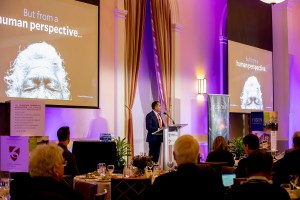
-
Health
New clues to Alzheimer’s disease
McLean Hospital researchers have found energy dysfunction in the cells of late-onset Alzheimer’s patients, which may be a piece of the disease’s complex puzzle.
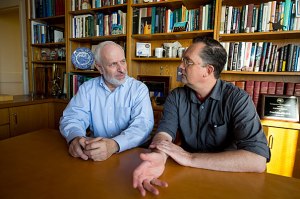
-
Health
Older, heavier, more at risk
A new study shows weight gain during young and middle adulthood may increase risk of chronic diseases and premature death, and decrease the likelihood of achieving healthy aging.
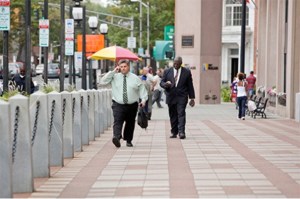
-
Health
To age better, eat better
Much of life is beyond our control, but dining smartly can help us live healthier, longer

-
Health
The balance in healthy aging
To grow old well requires minimizing accidents, such as falling, as well as ailments
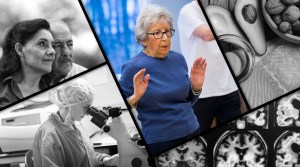
-
Health
How old can we get? It might be written in stem cells
No clock, no crystal ball, but lots of excitement — and ambition — among Harvard scientists
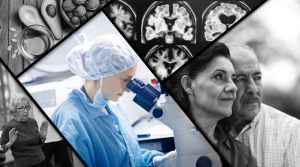
-
Health
Good genes are nice, but joy is better
Harvard study, almost 80 years old, has proved that embracing community helps us live longer, and be happier
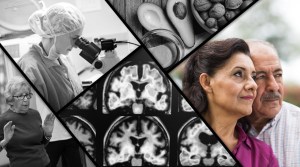
-
Health
Critical step found in DNA repair, cellular aging
The body’s ability to repair DNA damage declines with age, which causes gradual cell demise, overall bodily degeneration, and greater susceptibility to cancer. Experiments in mice suggest a way to thwart DNA damage.
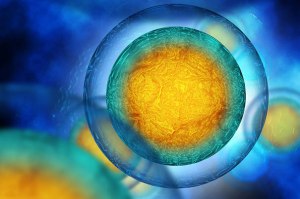
-
Health
Medical hope on horizon
Stem cell science is accelerating development of therapies for diabetes, ALS, other diseases, researchers tell HUBweek sessions.

-
Health
Changes in memory tied to menopausal status
By studying women ages 45 to 55, investigators at Harvard-affiliated Brigham and Women’s Hospital have found that reproductive stage, not simply chronological age, may contribute to changes in memory and brain function.
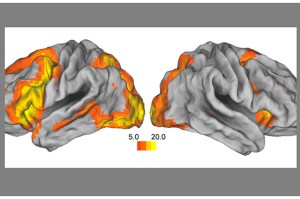
-
Science & Tech
No rest for the graying
With the elderly beginning to outnumber the young around the world, workers, employers, and policymakers are rethinking retirement — what work we do, when to stop, and how to spend our later years.
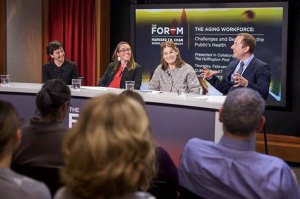
-
Health
Perception of food consumption overrides reality
Targeting mechanisms in the central nervous system might yield the beneficial effects of low-calorie diets on healthy aging without the need to alter food intake, suggests new research from Harvard T.H. Chan School of Public Health.
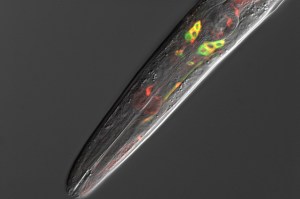
-
Health
Using weights to target belly fat
A Harvard study found that men who did 20 minutes of daily weight training had less increase in age-related abdominal fat than men who spent the same amount of time doing aerobic activities.

-
Health
Mediterranean diet has marked impact on aging
Researchers at Harvard-affiliated Brigham and Women’s Hospital have found that greater adherence to the Mediterranean diet was associated with longer telomeres, which serve as a biomarker for aging.

-
Health
Preoccupied with life
Harvard-affiliated surgeon and writer Atul Gawande explores big questions around end-of-life care in “Being Mortal.”
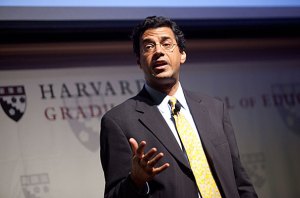
-
Science & Tech
Managing an aging populace
Aging, health care, and the challenges facing the globe’s women were the focus of a symposium marking the 50th anniversary of the Harvard Center for Population and Development Studies.
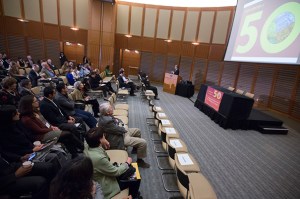
-
Science & Tech
Lessons from the long-lived
A gerontologist researcher says his work allows him to connect with “vibrant, engaged, healthy, exciting, and active older people.” He says they live more in the now than other people might believe, and value that.
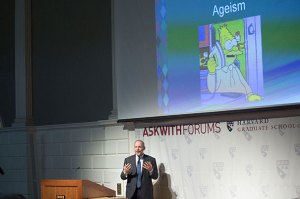
-
Health
Life lessons from an old worm
Research is uncovering the genetic roots of aging, peeling back the once common understanding that creatures simply “wore out” as they aged, and slowly revealing the mechanisms that control a process determined by our genes and that proceeds at different speeds for different species.

-
Campus & Community
Fountain of Youth – Innovation at Harvard
Our bodies repair and regenerate with the help of compound structures at the end of chromosomes called telomeres. But as these telomeres weaken, we age. Harvard swimmer Meaghan Leddy COL ’12 explains how Harvard scientists are exploring ways to reverse the symptoms of aging by increasing the levels of a certain enzyme to keep our…
-
Health
Decoding keys to a healthy life
Now 74 years young, the Harvard Study of Adult Development continues to yield a treasure trove of data about how people behave, and change — including predictions of strong indicators to a happy life.
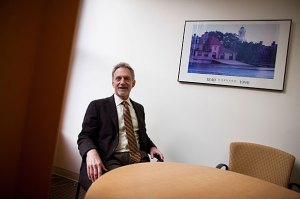
-
Health
Age-related effects of MS may prove reversible
In a new study, Harvard stem cell researchers and scientists at the University of Cambridge have found that the age-related degeneration in conditions such as multiple sclerosis (MS) may be reversible.
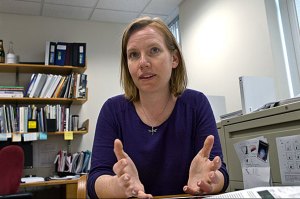
-
Health
Cut calories, increase egg quality
A strategy that has been shown to reduce age-related health problems in several animal studies may also combat a major cause of age-associated infertility and birth defects.
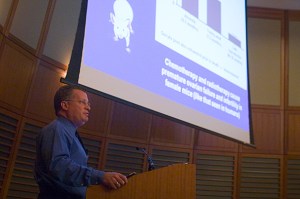
-
Arts & Culture
The Aging Intellect
In this important book, Douglas H. Powell, a clinical instructor in psychology, discusses lifestyle habits and attitudes linked to cognitive aging, and provides evidence-based strategies to minimize mental decline.
-
Campus & Community
A lifelong love of African art
The Peabody Museum’s Monni Adams, 90, continues to research and publish in her field, now focusing on African masks.
